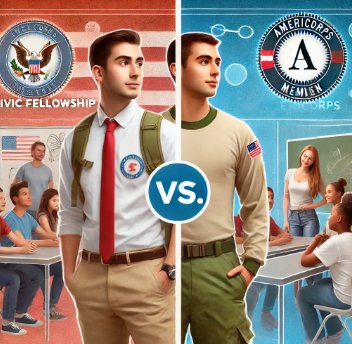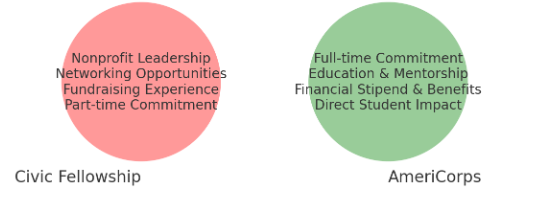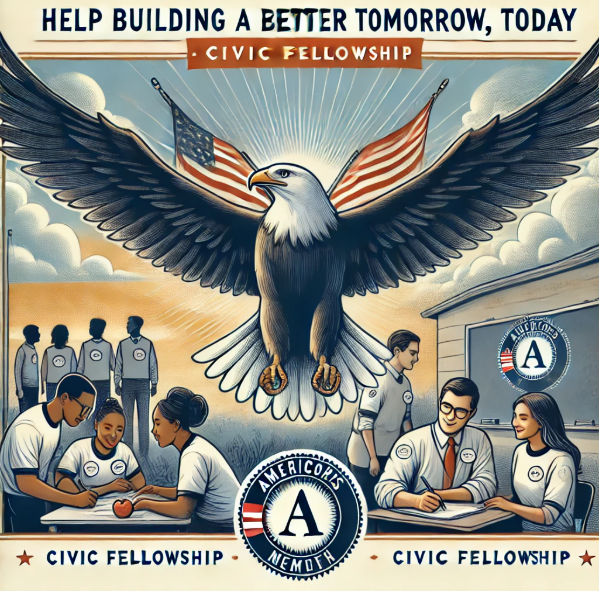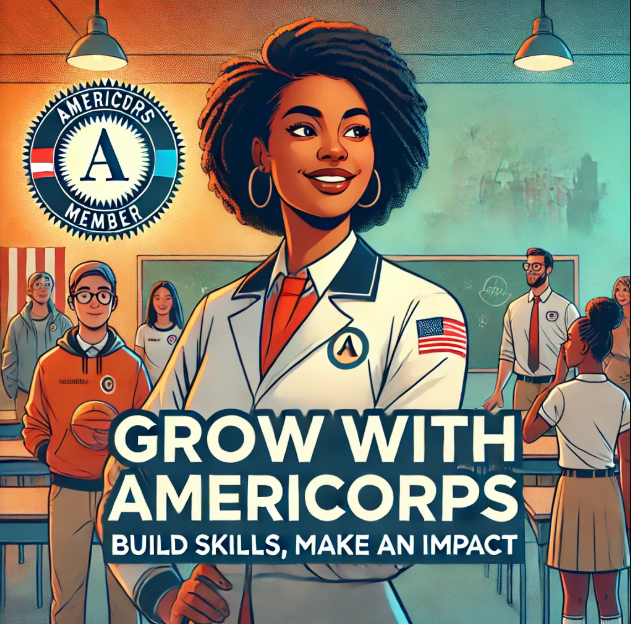Pros of Volunteering
✅ Networking & Exposure – Connect with like-minded individuals, local leaders, and potential partners who can help expand your initiatives.
✅ Skill Development – Improve leadership, communication, fundraising, and project management skills that can be applied to personal and professional growth.
✅ Brand Visibility – Leverage community service to raise awareness for your causes, whether it’s food security, travel experiences, car culture, or financial education.
✅ Impact & Fulfillment – Make a direct difference in communities while sharing your passion for food, travel, cars, or financial literacy.
✅ Potential Income Opportunities – Fundraising, sponsorships, or brand partnerships may arise from your involvement in civic programs.
✅ Hands-on Experience – Gain firsthand experience in community service, which can open doors to nonprofit work, consulting, or business ventures.
Cons of Volunteering
❌ Time Commitment – Volunteering requires consistent effort and dedication, which may conflict with personal or professional responsibilities.
❌ Unpaid Work – Most volunteer roles do not provide direct financial compensation, which may be a drawback for those looking to monetize their efforts quickly.
❌ Emotional Investment – Working with underserved communities can be rewarding but also emotionally taxing.
❌ Resource Intensive – Some projects may require personal investment (travel, materials, fundraising) without immediate returns.
❌ Bureaucratic Challenges – Working within nonprofit structures may involve navigating slow-moving processes, regulations, or limited funding.
Pros and Cons of Volunteering with Hands On Atlanta AmeriCorps
Pros
✅ Skill Development – Gain valuable experience in leadership, tutoring, mentoring, and community outreach.
✅ Professional Growth – Exposure to nonprofit management, networking with local leaders, and development of fundraising and project management skills.
✅ Impactful Work – Directly support students’ academic and social growth, making a lasting difference in their lives.
✅ Financial Support – Monthly stipend, education award, loan deferment, and health benefits.
✅ Career Pathway – Ideal for aspiring educators, social workers, nonprofit professionals, or those pursuing community leadership roles.
✅ Networking Opportunities – Build relationships with professionals, educators, and civic leaders in Atlanta.
✅ Diverse Community Engagement – Work with students from various backgrounds, gaining cultural competence and people skills.
Cons
❌ Time Commitment – Requires 1,700 hours of service over 10 months, which can be demanding.
❌ Modest Living Allowance – Financial compensation may not be sufficient for those needing a higher income.
❌ Emotional Demands – Working with at-risk students and managing social-emotional learning can be challenging.
❌ Bureaucracy & Structure – Navigating AmeriCorps processes, background checks, and school systems may be time-consuming.
❌ High Expectations – Balancing tutoring, mentorship, volunteer coordination, and leadership development can be overwhelming.




